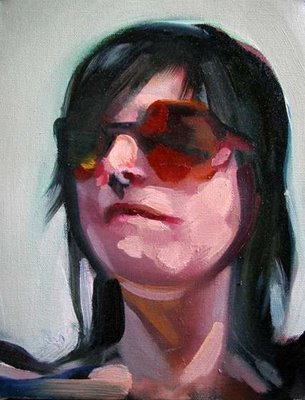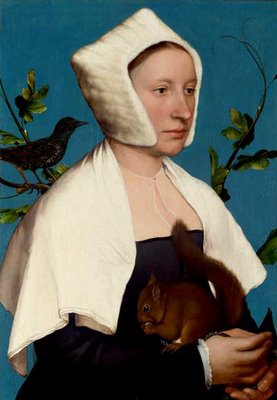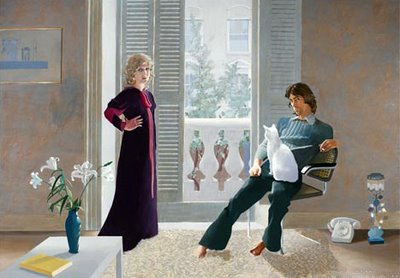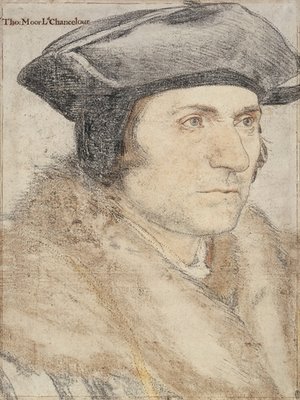 |
| Thomas Hardy, ca.1915 |
A friend told me recently about the Japanese custom of writing 'jisei' - or 'death poems' - a practice that stretches back to ancient times, when, at the moment of death, one's life is summed up in a few, usually simple lines. Here is a fairly recent example:
Like dew drops
on a lotus leaf
I vanish.
---------Senryu, died June 2, 1827
I was stunned today to learn that while on his death-bed, Thomas Hardy dictated a "death poem" to his wife. Hardy, perhaps best known as the author of a string of famous novels, such as Jude the Obscure, Tess of the d'Ubervilles, Far From the Madding Crowd and The Return of the Native, was an impressive poet as well...(and was often encouraged by his mentor and friend, George Meredith).
Falling suddenly ill with a terminal resperatory disease in December of 1927, Hardy was dead within a month. Yet in that month, faced with his demise, he took the time to compose a final verse. In what would be his final lines on this earth, the fading poet seems to realize that the secrets of death are better left unsaid.
HE RESOLVES TO SAY NO MORE (1928)
O my soul, keep the rest unknown!
It is too like a sound of moan
When the charnel-eyed* Pale Horse has nighed:
Yea, none shall gather what I hide!
Why load men's minds with more to bear
That bear already ails to spare?
From now always till my last day
What I discern I will not say.
Let Time roll backward if it will;
(Magicians who drive the midnight quill
With brains aglow can see it so,)
What I have learnt no man shall know.
And if my vision range beyond
The blinkered sight of souls in bond,
-- By truth made free
-- I'll let all be,
And show to no man what I see.
*charnel = a building or chamber in which bodies or bones are deposited





